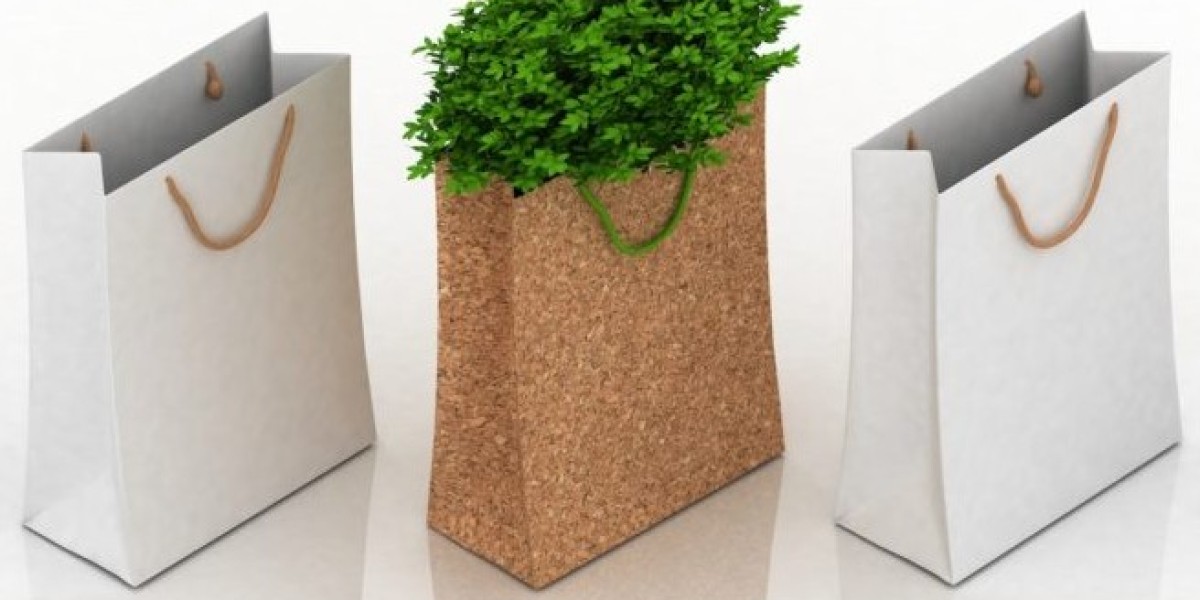With climate change being one of the biggest issues facing our planet, many businesses want to do their part by using eco-friendly packaging. But with so many options available, it can be confusing to figure out which materials are truly sustainable. This comprehensive guide examines the most earth-friendly packaging materials for 2024.

Highlight List
- Recycled Paper and Cardboard
- Mushroom Packaging
- Hemp Plastic
- Water Soluble Plastic
- Seaweed Packaging
- Compostable Bio-Plastics
- Beeswax Coatings
- Biodegradable Bubble Wrap
Recycled Paper and Cardboard
Paper and cardboard made from recycled content is one of the most common and readily available eco-friendly packaging options. Corrugated cardboard boxes made of 100% recycled paper pulp can be reused multiple times and are fully recyclable. Recycled paperboard and cardstock are also great choices for retail packaging like boxes, cartons, envelopes and mailers. Opt for packaging made from post-consumer waste versus industrial scrap for maximum environmental benefit. For example, Packhelp's Eco Mailer Box is made from 100% recycled paper.
The key is to look for high percentages of recycled content and recyclability. Check for certifications like the Forest Stewardship Council (FSC) label which ensures ethical and sustainable sourcing of virgin tree fibers. Recycled paper and cardboard is typically the most affordable eco-friendly packaging option. It's also lightweight to ship while remaining durable and customizable for brands.
Mushroom Packaging
An innovative newcomer to sustainable packaging is materials made from mushrooms! Mushroom packaging uses mycelium, which are the fast-growing root fibers of mushrooms. It's made by combining mycelium with agricultural waste products like husks, hulls, stalks and straw.
The mycelium acts as a natural binder to form the waste material into packaging shapes while consuming toxins and emitting CO2. Mushroom packaging is biodegradable and compostable. It's also extremely lightweight yet shock-absorbent and durable. While large companies like IKEA and Dell have adopted mushroom packaging, it remains a smaller niche market due to higher costs.
Hemp Plastic
Plastic packaging made from hemp is an up-and-coming ecological solution. The fibers of the hemp plant are used to create bioplastic that is fully biodegradable and compostable. Hemp plastic decomposes within 6 months in landfills versus hundreds of years for conventional plastics. It also requires fewer resources like water to grow hemp versus extracting and producing standard plastic resins.
Hemp plastic is durable, UV and heat-resistant and can be molded into a variety of packaging forms and products. As laws around growing industrial hemp become less restrictive, experts predict hemp plastic will become more available and affordable.



